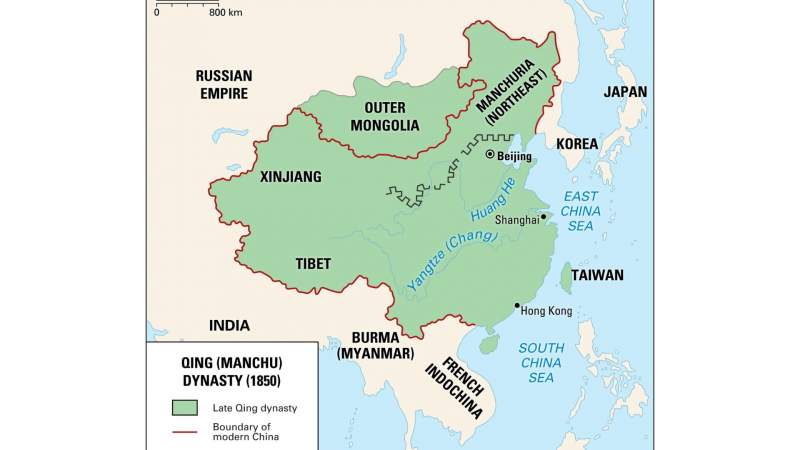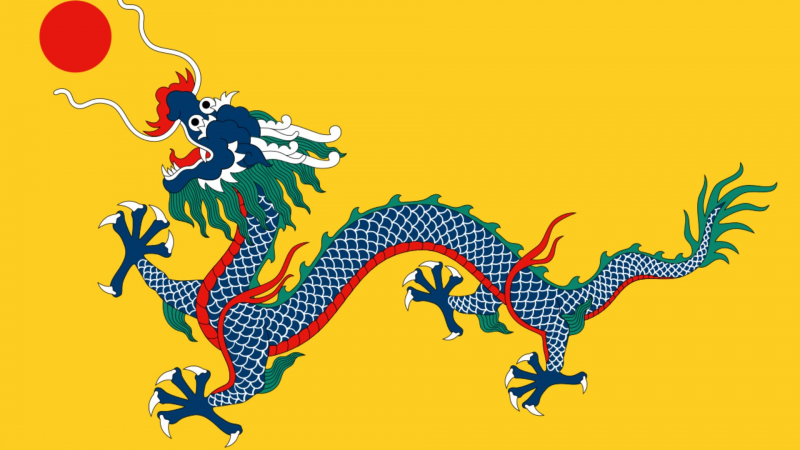Qing Dynasty

The Qing dynasty (English: /t/ ching), often known as the Great Qing, was the final orthodox dynasty in Chinese history and was ruled by the Manchus. It arose from the Jianzhou Jurchens' Later Jin dynasty, which they established after uniting other Jurchen tribes to create a new "Manchu" ethnic identity. It was China's final imperial dynasty before the country's conversion to a republic. However, the Qing Dynasty's Manchurian, not Chinese, beginnings are the reason it is frequently referred to as the Manchu Dynasty.
In Manchuria, the dynasty was formally established in 1636. In 1644, it took power in Beijing. Later, it extended its dominance to include all of mainland China, Taiwan, and Inner Asia. The dynasty persisted until the Xinhai Revolution of 1912, when it was destroyed. Currently, China's northeast is known as Manchuria. The Qing Empire covered 14.7 million square kilometers at its largest in the late 18th century. According to traditional Chinese historiography, the Ming dynasty came before the Qing dynasty and the Republic of China followed it. The nearly three-century-long, multiethnic Qing dynasty created the geographical foundation for contemporary China. In terms of territory, it was the fourth-biggest empire in world history in 1790 and the largest imperial dynasty in Chinese history. It was the most populous nation in the world in 1907 with 419,264,000 residents.
The Qianlong Emperor's reign was the pinnacle of Qing splendor and power (1735–1796). He personally oversaw Confucian cultural undertakings and conducted the Ten Great Campaigns that expanded Qing dominance into Inner Asia. Following his passing, the dynasty had to contend with shifts in the global order, intrusions by foreigners, internal uprisings, population increase, economic disruption, official corruption, and Confucian elites who were unwilling to adopt new ideas. The dynasty came to an end when Puyi, the last emperor, abdicated on February 12, 1912. It was briefly reestablished in 1917 during the Manchu Restoration incident, but neither the Beiyang administration of the Republic of China nor the world community acknowledged this.











